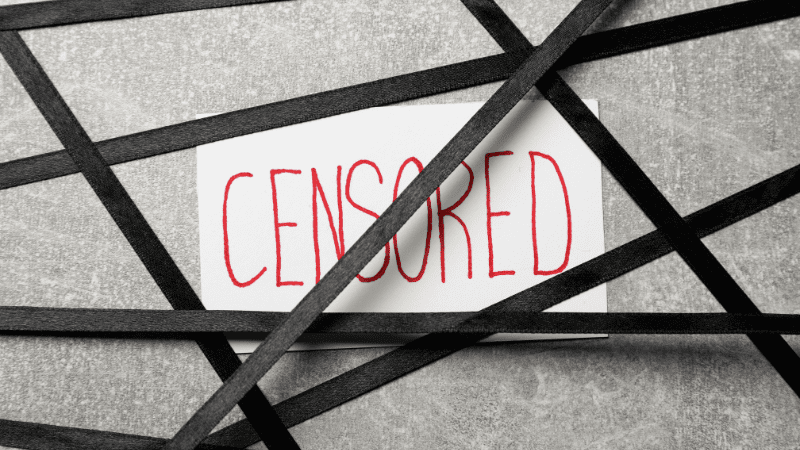This article originally appeared in the Western Standard.
By Daniel Dorman, March 20, 2024
Despite his reputation as a progressive world leader, Prime Minister Justin Trudeau’s government just put forward a truly regressive bill, the so-called Online Harms Act.
Unfortunately, alongside a number of positive moves to protect children from sexual exploitation and enforce the removal of other already plainly criminal content from the internet, the government has included the creation of sweeping powers for appointed regulators to censor ‘harmful content’ online.
Apparently concerned with hateful social media posts, the Canadian government is seeking to set up a Digital Safety Commision and to confer new powers on the Canadian Human Rights Commission, allowing them to adjudicate complaints about online hate, issue significant fines and prevent further speech, all without a formal court process.
These unfortunate aspects of the Online Harms Act bear an uncanny resemblance to an order from the mid-17th century British Houses of Parliament. In 1643, the Parliament was concerned with the printing of scandalous books and ordered “that no book, pamphlet, or paper shall be henceforth printed,” unless approved by a licensor named by the government.
Both acts of government try to address the potential misuse of a ‘new’ publishing technology. Both apparently consider themselves as moral leaders capable of deciding what others should say. Both are animated by the same puritanical censoriousness. Trudeau is quite literally taking us back 381 years.
Of course, the only reason I know anything about the 1643 Order from British Parliament is because John Milton wrote a profound refutation of that law in 1644 in his robust defence of free speech, Areopagitica.
Milton’s arguments against the idea that it was in the best interest of society for the government to regulate speech, to license the printing of books, were comprehensive and damning. Milton’s defence of free speech won the day and eventually helped to establish the civil liberties we’ve come to take for granted in much of the English-speaking world.
Justice Minister Arif Virani and Prime Minister Justin Trudeau should pick up a copy.
At a recent event hosted by the Macdonald-Laurier Institute in Vancouver, British author and political commentator Douglas Murray noted that it is naive to believe we can eliminate vice from human nature. “Perhaps after Trudeau eliminates hate he could tackle gluttony?” he quipped.
Milton says much the same. He warns us not to hope that we could eliminate every grievance from human interaction, “that let no man in this world expect.” We cannot in truth eliminate all online harms, and recognizing that is a good place to start.
More importantly, Milton takes aim at the idea that anyone is qualified to be a ‘licensor’, or in modern terms, a ‘digital safety commissioner.’
In a recent op-ed for the Toronto Star, Sunil Gurmukh sought to allay the concerns presented by the bill’s critics, that Trudeau would be censoring the internet. He writes: “And don’t worry — Prime Minister Justin Trudeau won’t be the judge. It will be the tribunal who has expertise in identifying hate.”
Beyond the obvious strawman of his opponents’ criticism of the bill (I’m reasonably certain no one thought Trudeau would be personally scanning and deleting our Facebook posts) the pretension that anyone has the prerequisite ‘expertise’ to police speech is precisely the issue.
Of the prospect of book licensors, Milton wrote: “how shall the licensors themselves be confided in, unless we can confer upon them, or they assume to themselves above all others in the land, the grace of infallibility and uncorruptedness?”
In other words, no one is smart enough or good enough to decide for a society what others should read.
Canadian historian Christopher Dummitt articulates the problem this way: “What is harmful content? Well, there’s the rub. It’s going to be up to the online providers, under the steely gaze of a new digital safety commissioner, to decide what to ban.”
Dummitt also highlights the ways in which the political left has intentionally enlarged the now extremely vague definitions of ‘harm’ and ‘hate’ as a political lever, such that there are now a number of widely held beliefs around gender, race and history that many on the left describe as hateful.
The Online Harms Act can therefore be understood as an effort to censor political opposition by criminalizing opinions with which the government disagrees.
Milton is turning in his grave.
Daniel Dorman is a contributor to Young Voices and the director of communications at the Macdonald-Laurier Institute. @danieldorman_






